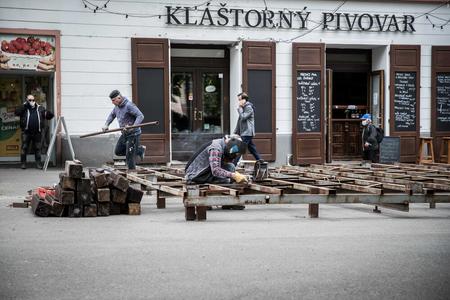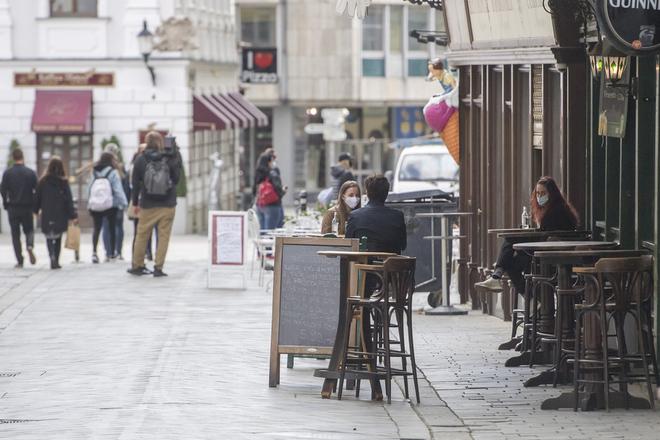The development of internal trade development has been affected by the emergency situation declared in March due to the coronavirus outbreak.
Turnover increased mostly in retail trade in non-specialised stores, mainly as a result of higher turnover in the sale of food, beverages and tobacco, and printing. On the contrary, it had a negative impact on accommodation and the sale and repair of motor vehicles, according to the data published by the Statistics Office on May 6.
“One of the first measures was the closure of hotels, restaurants and shops except for groceries, drugstores, pharmacies and petrol stations,” Eva Sadovská, analyst with WOOD & Company, wrote in a memo. “This has been reflected in the retail trade turnover in March.”

Turnover in retail trade dropped 3.6 percent year-on-year in March 2020, after a growth in the previous month. A fall was recorded in almost all activities, most significantly in the retail trade of other household goods in specialised stores by 27.4 percent, and in the retail trade of other goods in specialised stores by 12.8 percent. It increased only in retail trade in non-specialised stores by 12.9 percent.
The drop was not as high as expected, according to Ľubomír Koršňák, analyst with UniCredit Bank Czech Republic and Slovakia. As he added, a higher drop was reported last November, when retail trade turnover fell by 4 percent y-o-y.
Change in shopping behaviour
The highest drop in revenues was recorded by accommodation, which saw a drop by 50.8 percent y-o-y. Restaurants and pubs saw their revenues fall by 21.5 percent y-o-y in March, while revenues in the sale and repair of motor vehicles went down by 33.5 percent y-o-y. This was impacted mostly by the drop in the sale of vehicles, analysts agree.



 Illustrative stock photo (source: TASR)
Illustrative stock photo (source: TASR)